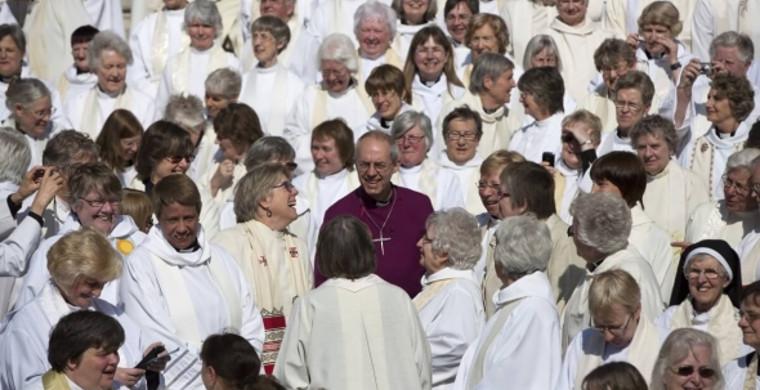Archbishop of Canterbury on evangelism, unchristian hostility towards Muslims, and salvation
By CB Condez
CHRISTIAN TIMES
http://www.christiantimes.com/
April 6, 2016
The Rt Hon Justin Welby, the Archbishop of Canterbury, has been credited by many for the renewed enthusiasm for evangelism in the Church of England.
In an interview with Christian Today editor Ruth Mawhinney, the archbishop spoke of what's behind this change or awakening, saying, "I think it's a lot of things. There are good reasons and bad reasons. I think in some ways people recognise that decline in church numbers is a serious issue. But that's the bad reason, because you don't evangelise to ensure the survival of the church."
In evangelizing or doing outreach, he said that there is no need for strategies. They focus on presenting "the reality of the goodness of Jesus Christ through our actions and our words" without any manipulation or trickery.
During the interview, he acknowledged that there is decline in trust toward organized religion because of its history of abuse and cruelty, among other things. He believes, though, that this can be countered by how the church acts today. He also said that changing the church's reputation is a slow process.
In terms of the events currently happening in the world, specifically the rising tension against and hostility toward Muslims, the 105th archbishop of Canterbury said, "Hostility to all Muslims because they're Muslims -- although we disagree as Christians with their theology -- is a deeply unChristian and wrong way of behaving."
He explained that mainstream Muslim leaders are also taking risks when they stand up against atrocities like the bombing in Brussels, and Christians have to "demonstrate hospitality" toward them. Moreover, he said that a narrative needs to developed -- a more attractive one than the "perverted, cruel and savage narrative" that draws the youth into extremist action -- and Christians have the responsibility to be a part of this process.
In the discussion about salvation, Welby said that the important point is that "God has taken all the steps necessary for human beings to have a relationship with God," which is what the gospel is about. He mentioned later in the interview that cruelty, violence, and domination, among other things, are part of human sinfulness and is inherent in all but by following Jesus, this is changed and transformed.
"But who is saved, and who is not saved, is in the judgment of God and it is not in my judgment," he said. "And so who God saves is God's question."














